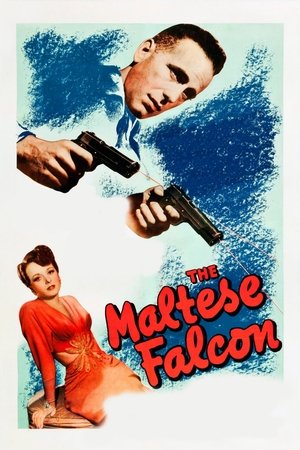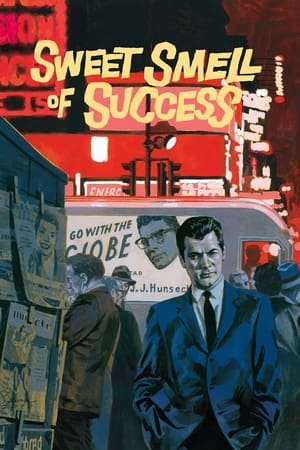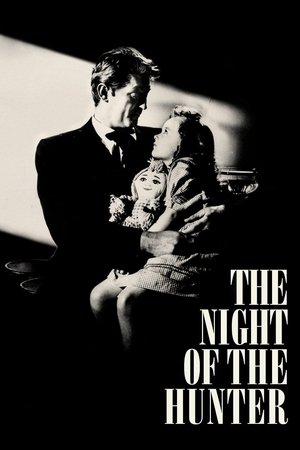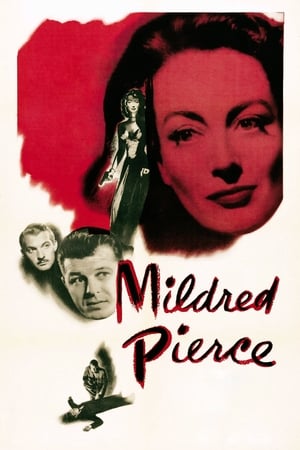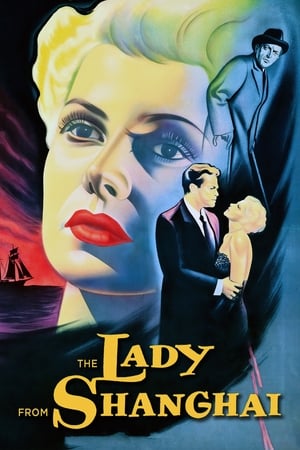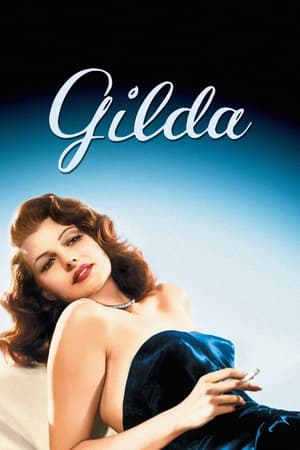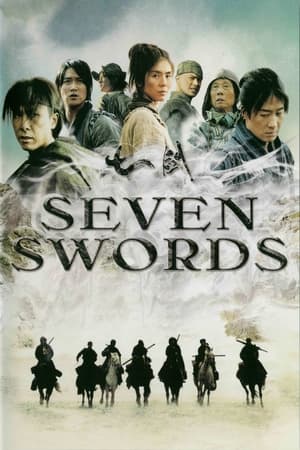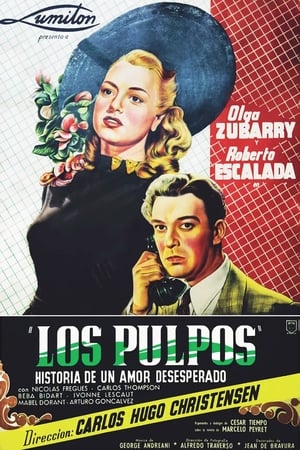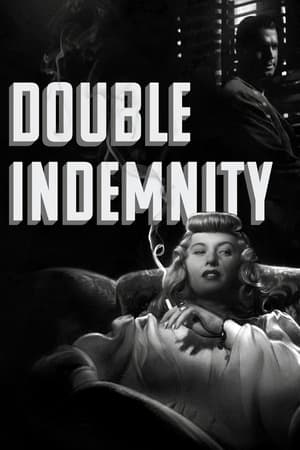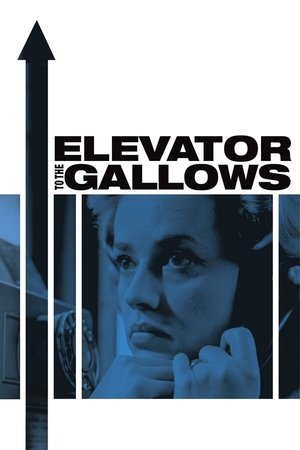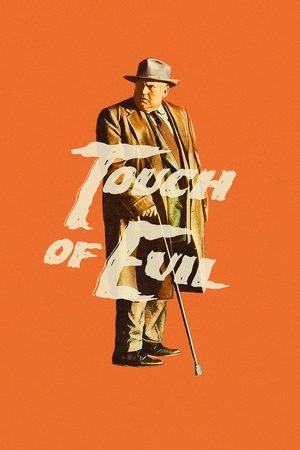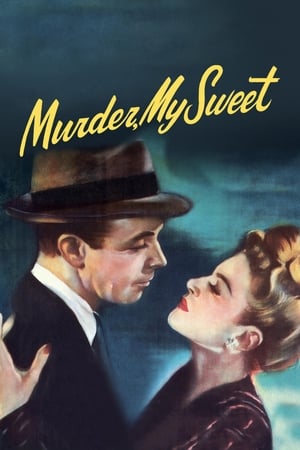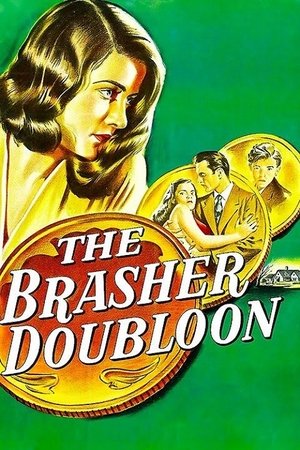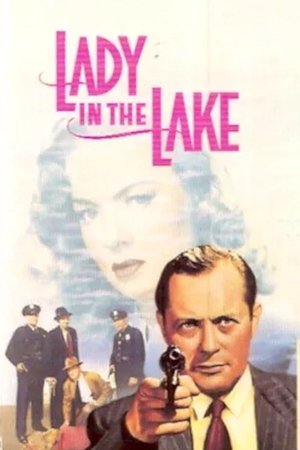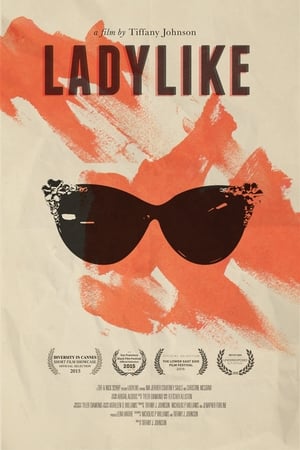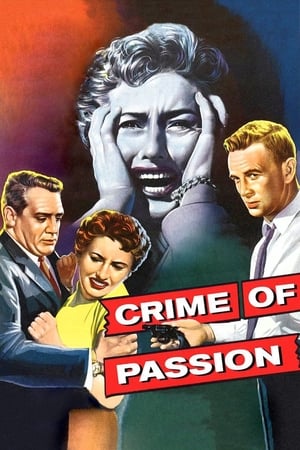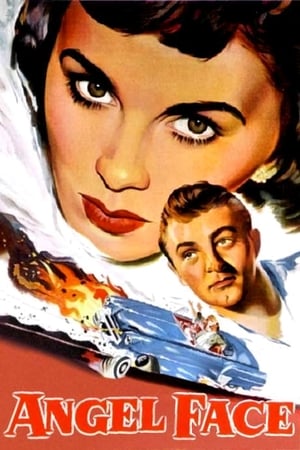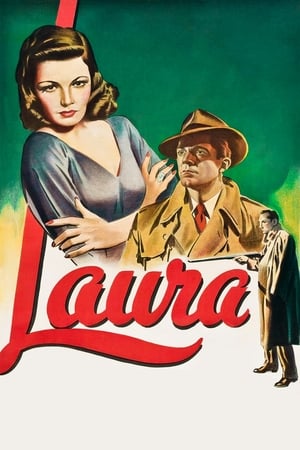Overview
Soon after thumbing a ride from a truck driver, Johnny McBride is badly burned and suffers from complete amnesia when the vehicle he’s riding in blows a tire and goes over an embankment in a fiery blaze. McBride later receives a tip from an acquaintance that a photo of him was placed prominently in the window of a photography studio in a town called Lyncastle, so Johnny immediately leaves for the burg in the hopes that something there will jog his memory.
Reviews
The Lyncastle Lasso.
The Long Wait is directed by Victor Saville and adapted to screenplay by Alan Green and Lesser Samuels from the Mickey Spillane novel. It stars Anthony Quinn, Charles Coburn, Gene Evans, Peggie Castle, Mary Ellen Kay and Shirley Patterson. Music is by Mario Castelnuovo- Tedesco and cinematography by Franz Planer.
Johnny McBride (Quinn) is a amnesiac who manages to get back to his home town of Lyncastle where he hopes to unravel who he is. But pretty soon he finds himself in a quagmire of trouble and strife...
Every once in a while I come across an instance like this, where a film noir picture's reviews back upon its release were savage, and yet today the more modern noir lover is mostly positive about the pic. In fact IMDb's rating sits currently at 7.2, which as the site's users will attest to, is pretty good going. So where we at with this Spillane revamp?
The complaints back in the day about it being dull and boring smack to me of writers back then not exactly understanding the noir ethos, though it's noted that there is the odd modern reviewer sharing the same complaint. It's a film very much erring on the side of bleak and moody, dabbling in the complexities of the human condition, and it's done very well, though the screenplay is hardly minus plot holes and is full of incredulous set-ups.
We also have to buy into Quinn being catnip to the dames, four of them no less! But Quinn does angry and broody very well, and he gets to do lots of both here. The aura of a town paddling in its own muck is evident, the amnesia angle merely an excuse to keep things on the side of murky, for it's imperative that we feel Johnny McBride's confusion and mistrust, and we do. All of which is framed superbly by Planer's (Criss Cross) photography, which never misses a chance for shadows and low lights.
With salty villains and sultry dames, violence and choice dialogue, and a few superb scenes (one sequence in an empty warehouse is stunning), this is very much a noir for noir lovers to sample. But with that in mind, these warnings should be noted, that as is often the way in noirville, the ending is divisive and the overt misogyny could well offend. 6.5/10

 94 min
94 min
 5.8
5.8
 1954
1954
 USA
USA
 John Chard wrote:
John Chard wrote:
